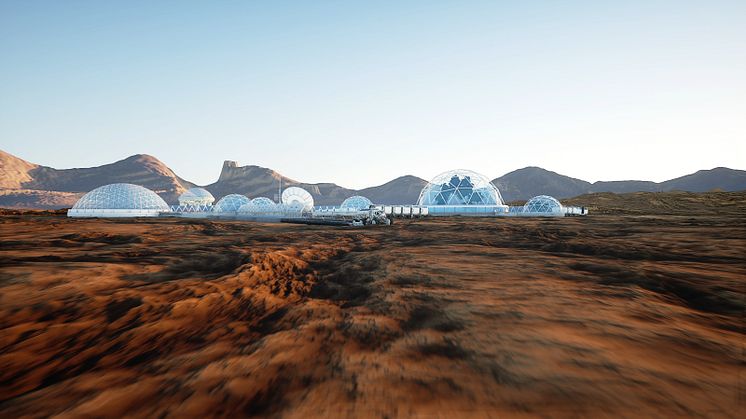New research to provide safer and more accurate space weather predictions
A team of space weather experts from Northumbria University has been awarded more than £400,000 to explore how to better predict the conditions in near-Earth space.

A team of space weather experts from Northumbria University has been awarded more than £400,000 to explore how to better predict the conditions in near-Earth space.

Northumbria University’s NUSTEM initiative is supporting global engineering companies, including Airbus, BP and Nissan, to develop the engineering workforce of the future by engaging more effectively with young people from diverse backgrounds.

A leading physicist and Chair of the United Nations space weather expert group is to join Northumbria University for one year after being awarded a Royal Society Wolfson Visiting Fellowship.

A Northumbria University scientist, whose research has helped change our understanding of the Sun’s magnetic waves, has been recognised for his outstanding contribution to the field of solar physics.

Northumbria University has been awarded more than £360,000 of funding from the UK Space Agency to develop the world’s first commercially available laser-based satellite communication system.
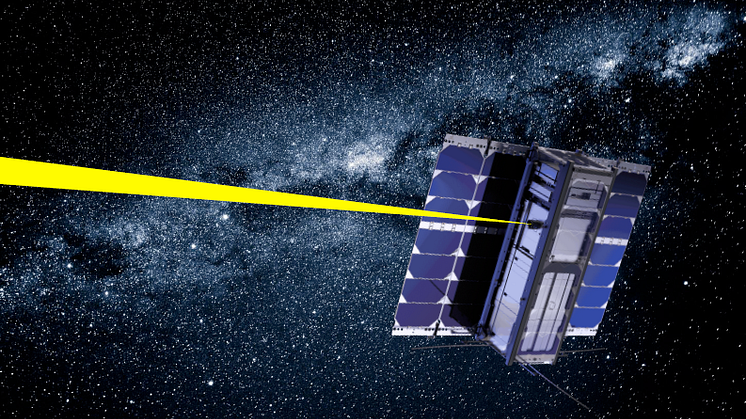
A team of scientists has discovered new activity within the Sun’s atmosphere which could explain how it reaches temperatures of more than a million degrees.

An international team of solar physicists, including academics from Northumbria University, Newcastle, has recently measured the global magnetic field of the outer most layer of the Sun’s atmosphere, the solar corona, for the first time.
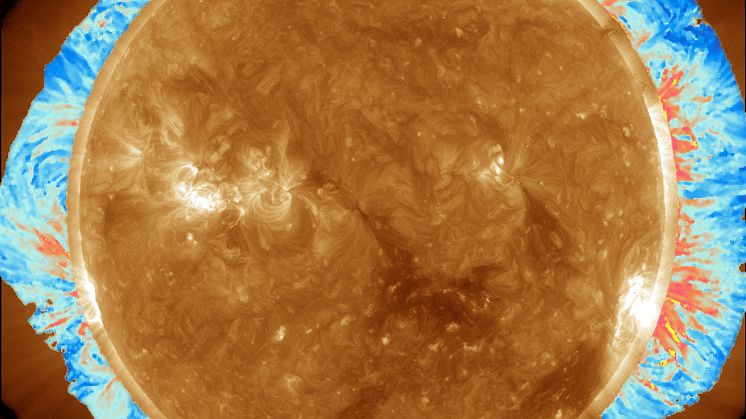
A Professor in Northumbria University’s Department of Applied Sciences has won a top national award from The Royal Society of Chemistry.

Northumbria University's NUSTEM project has been recognised for its innovative work in improving diversity in engineering education.

An innovative breath collecting device developed by academics at Northumbria University, Newcastle, could revolutionise the way we diagnose diseases, such as the newly emerged strain of coronavirus, COVID-19.
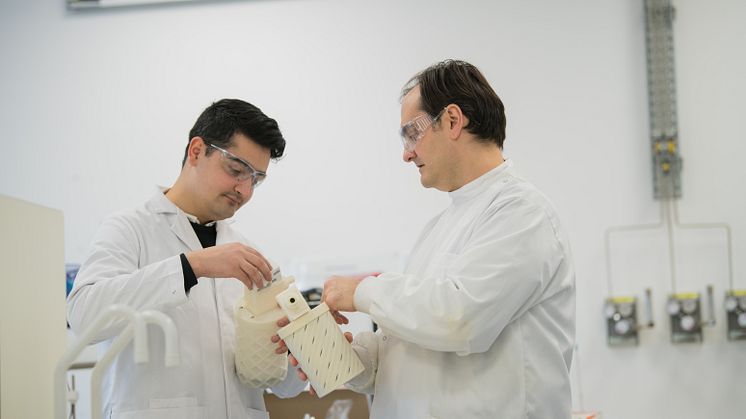
Named after a Celtic goddess of the Sun, SULIS is a UK-led solar science mission, designed to answer fundamental questions about the physics of solar storms.
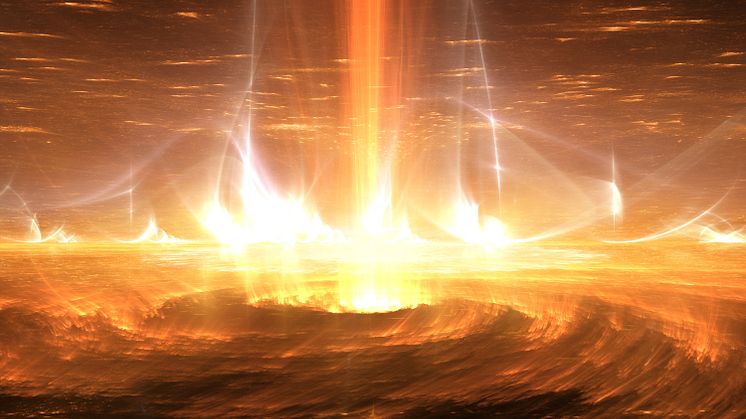
Climate change may have played a more important role in the extinction of Neanderthals than previously believed, according to a new study published in the journal, Proceedings of the Natural Academy of Sciences.

Astrophysicists from Northumbria University, Newcastle are working with the Cambodian government to help students in the former war-torn country to study science, technology, engineering and maths (STEM) subjects.
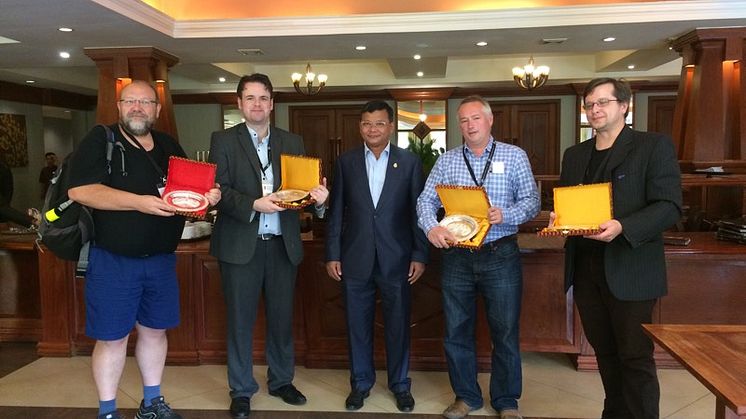
Solar physicists at Northumbria University, Newcastle are poring over brand new images of the atmosphere of the Sun taken by NASA on a recent missile launch.
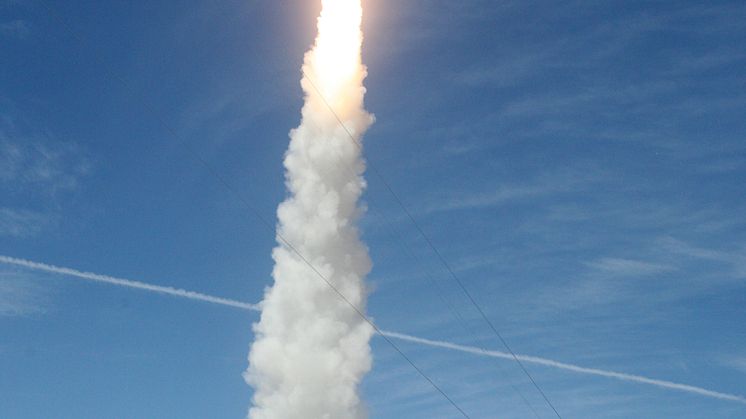
Top physicists from around the world will meet in Newcastle next week to discuss the development of the world’s largest solar telescope.
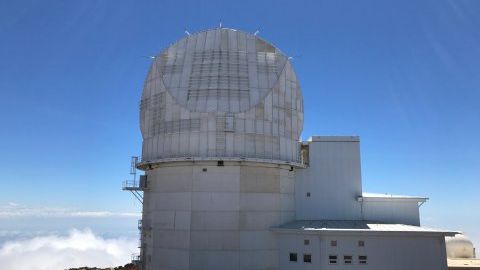
Research carried out by academics at Northumbria University, Newcastle could lead to improvements in treating patients with diseases caused by mutations in genes, such as cancer, cystic fibrosis and potentially up to 6,000 other inherited conditions.

The North East’s physicists of the future have been recognised at an inaugural award ceremony celebrating young people’s achievements.

Researchers from Northumbria University, Newcastle have won a prize in a prestigious national science photography competition with a stunning image depicting their work into smart surfaces.
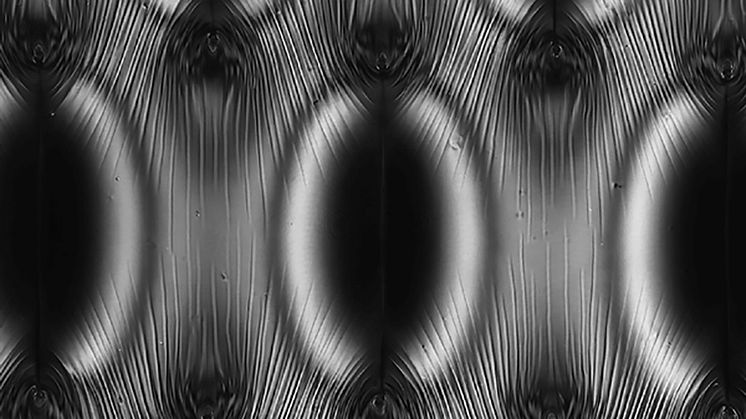
A biostatistics expert from Northumbria University, Newcastle has been invited to talk at a prestigious United Nations conference about eliminating the practice of Female Genital Mutilation (FGM).

A prototype engine based on a solid-to-vapour transformation, which could be used for harvesting energy on the surface of Mars and other extreme environments, is being developed by scientists at Northumbria University.
